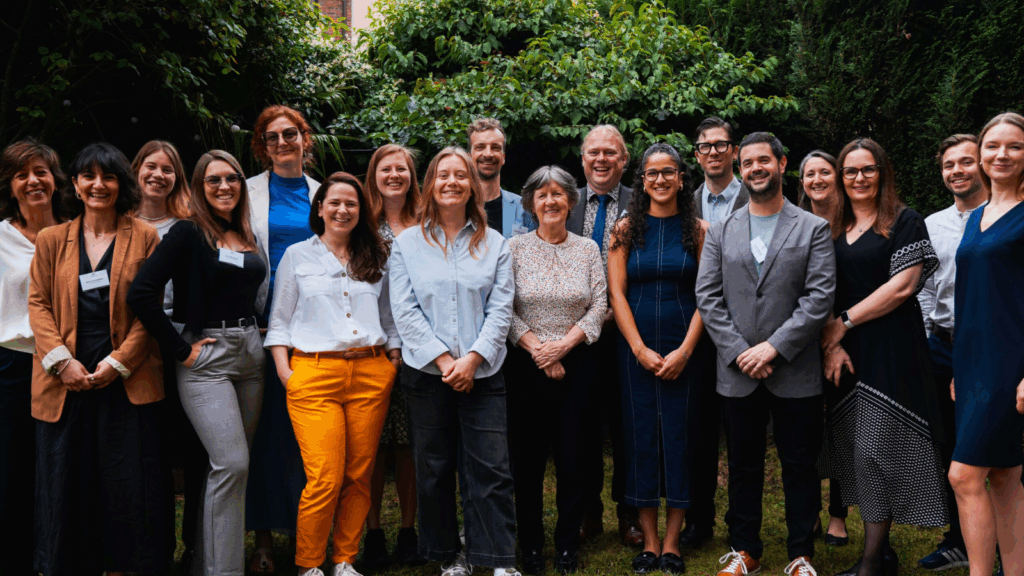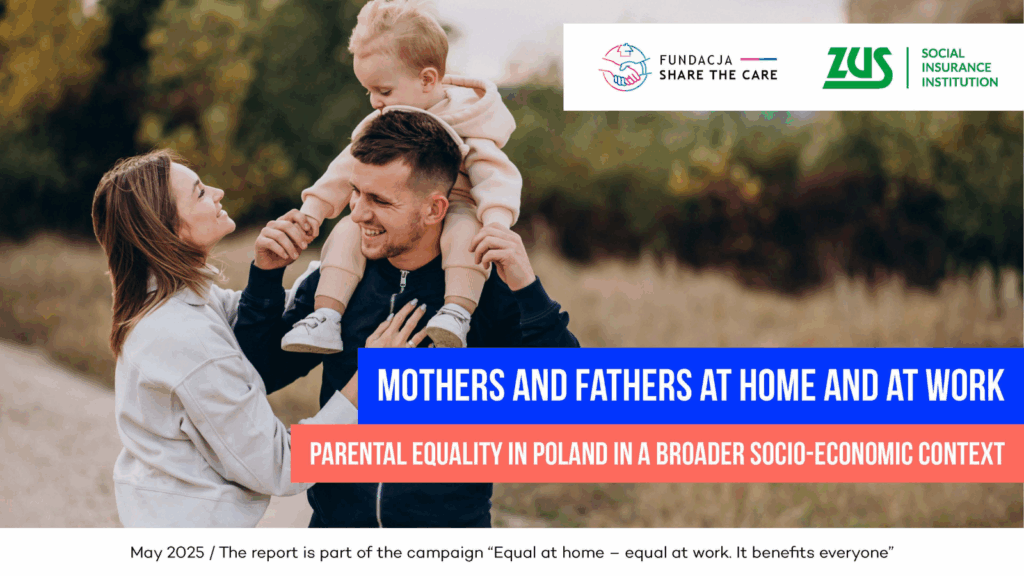A growing recognition of the challenges faced by care systems in the EU is leading to promising steps towards stronger support for family carers. As part of the European Care Strategy, the 2022 Council Recommendation on access to affordable, high-quality long-term care invited Member States to submit reports outlining their implementation efforts. The 2024 Annual Report of the Social Protection Committee, provides an insightful overview of these measures, showcasing national best practices and identifying pathways to address critical challenges such as workforce shortages, service quality, and support for family carers.
Building on this momentum, the European Commission hosted a Long-Term Care Conference on 12 November. This event provided an invaluable platform for stakeholders, including COFACE, to exchange perspectives on pressing issues, including the vital role of family carers. It also featured innovative initiatives currently under development, such as reform tools for governments and training toolkits for informal carers.
COFACE is deeply engaged in shaping this agenda, advocating for comprehensive policies as outlined in its revised European Charter for Family Carers. The charter highlights the importance of recognising the contributions of family carers and ensuring they are equipped with the resources, protections, support and flexibility needed to balance caregiving with their personal and professional lives.
The recent hearing of Roxana Mînzatu, Commissioner-designate for Jobs, Skills, and Preparedness, offered further encouragement. If confirmed, Commissioner Mînzatu will oversee the implementation of the European Care Strategy and she has already emphasised the need for a “European Care Deal” to tackle the sector’s challenges, with a particular focus on supporting informal carers.
COFACE will continue to monitor these developments closely and remains committed, alongside other key civil society organisations, to sustaining momentum around EU care policies. Through enhanced collaboration, dialogue, and stronger supporting EU frameworks, we can contribute to a more just care system that fully recognises the rights and contributions of family carers across Europe.
For more information please contact Sebastian Gonzalez, COFACE’s Policy and Advocacy Officer on Disability and Care Policies.





